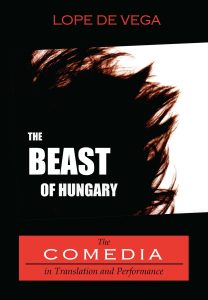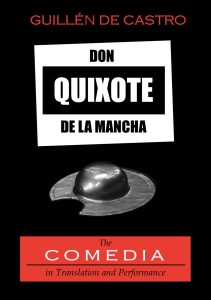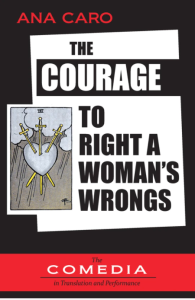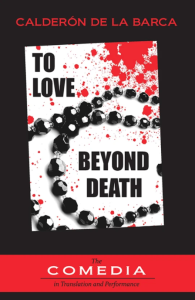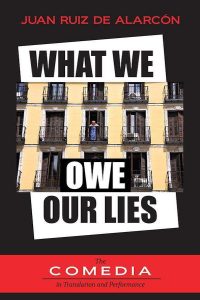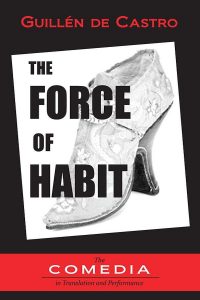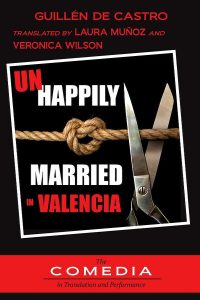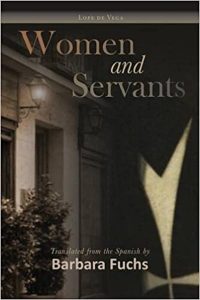In our experience working on translations and adaptations in Los Angeles, we have found that theater practitioners are both surprised and delighted by what the comedia has to offer. From Lope de Vega and Guillén de Castro to their distinguished peers from across the Atlantic, Mexicans Juan Ruiz de Alarcón and Sor Juana Inés de la Cruz, the corpus has a great deal to offer those who want to venture beyond Shakespeare to imagine a more diverse repertoire.
Comedias were plays for the people: performances took place in open-air theaters, where audiences of all classes and both sexes commingled. At the same time, the works are sophisticated dramas, offering pointed reflections on the constructed nature of class and gender as well as the performativity of social roles, issues that resonate with audiences today. The comedia offers fantastic roles for women, many of them written for famous actresses in the period—unlike in Elizabethan England, in Spain there were women on stage, although audiences still relished cross-dressing plots.
Our translations aim above all for language that will work for actors and allow them to shine. We have tested our playtexts both in our workshop, which is regularly attended by practitioners, and in staged readings by Chalk Repertory Theatre, New York Classical Theatre, Red Bull Theater, the Stratford Shakespeare Festival, and the UCLA Department of Theater. Productions for each play, including by the Guthrie, Miami New Drama, and various schools and universities, are listed below.
Each translation includes a dramaturgical introduction and brief annotations. We offer short videos of scenes, and dramaturgy packets are available for each play.
We are also available to supply additional support for productions as necessary, including creating a bilingual script, and to translate or adapt any play not on the list below. Please contact Barbara Fuchs at fuchsbar@humnet.ucla.edu for further information.
Our translations are free to use for educational and performance purposes with attribution to Diversifying the Classics,
under a Creative Commons Attribution 4.0 International License.
Notification is required prior to use of our translations and other materials.
Contact diversifyingtheclassics.ucla@gmail.com to discuss crediting and consultation for performances and adaptations.
